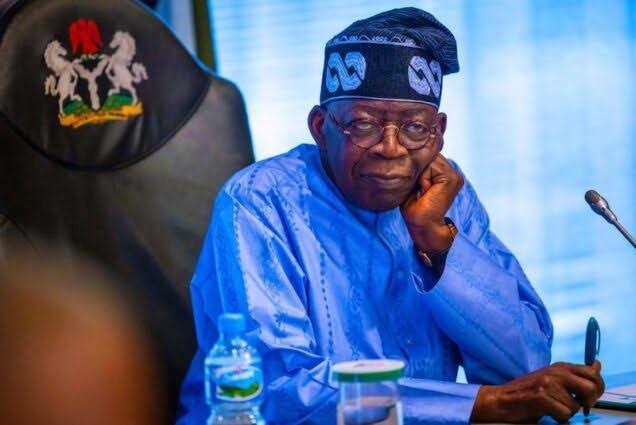On Thursday, the Presidency refuted claims that the Federal Government proposed a new minimum wage of N105,000. Bayo Onanuga, the Special Adviser to the President on Information and Strategy, labeled the report as false.
This denial followed a presentation to President Bola Tinubu on the cost implications of implementing a new national minimum wage. Ministers Wale Edun (Finance) and Atiku Bagudu (Budget and National Planning) submitted the template. Edun confirmed the submission and reassured the public that there was no cause for alarm, but speculation arose that the template included a proposal for a N105,000 minimum wage.
Onanuga addressed the rumor on his X account, denying that Edun proposed N105,000 as the new minimum wage. Meanwhile, the Tripartite Committee on National Minimum Wage postponed its meeting until Friday due to the unavailability of the cost template. This was the second postponement in 24 hours. President Tinubu had previously directed the finance minister to present the cost implications within two days during a meeting with the government negotiation team.
Although the template was submitted earlier on Thursday, it was not presented to the Federal Government and Labour representatives during their two-hour meeting, leading to another adjournment. Senior labour movement members expressed frustration over the lack of progress, with a Nigeria Labour Congress leader expressing concerns about the approaching ultimatum deadline.
Due to slow negotiations and the government's failure to reverse the electricity tariff hike, Labour initiated an indefinite strike on Monday, disrupting economic activities nationwide. Banks, airports, public schools, and courts were shut down, prompting an emergency meeting by the Federal Government.
In an effort to advance negotiations, unions announced a five-day suspension of the strike on Tuesday after the President agreed to a national minimum wage higher than N60,000. The tripartite committee committed to daily meetings until a new minimum wage is established. The suspension followed a six-hour meeting between labour leaders and the National Assembly on Monday night.
To expedite the process, President Tinubu directed the finance minister to present the cost implications for a new minimum wage within two days. He also instructed government representatives to collaborate with the private sector and sub-nationals to achieve an affordable wage award for Nigerians. Minister of Information and National Orientation, Mohammed Idris, affirmed the President’s commitment to the committee’s resolutions and the welfare of Nigerians.
Labour, in response to the President's intervention, announced a one-week suspension of the strike to facilitate negotiations with the Federal Government. This decision was communicated in a joint statement by the NLC and TUC on Tuesday.









